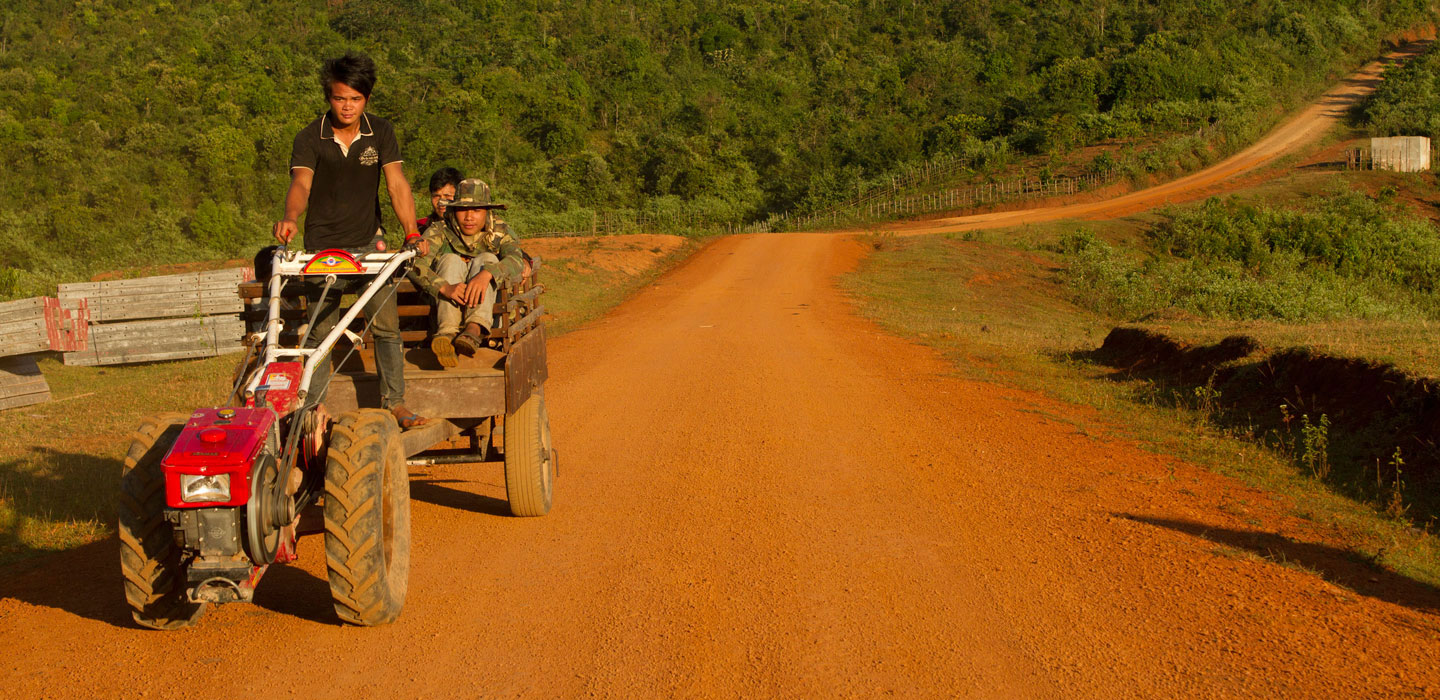Helping agriculture climb the climate agenda in Madrid
IFAD Asset Request Portlet
Asset Publisher
Helping agriculture climb the climate agenda in Madrid
Estimated reading time: 2 minutes
Agriculture is particularly vulnerable to climate change and is a significant contributor to greenhouse gas emissions. It is also uniquely placed to tackle climate change while reducing poverty and increasing food security.
The key role of the sector has been recognised by the Koronivia Joint Work on Agriculture (KJWA), and also by a large number of countries in their National Determined Contributions (NDCs).
The KJWA represents an important step forward in the negotiations on agriculture with the United Nations Framework Convention on Climate Change (UNFCCC) and emphasises the importance of agriculture and food security in the climate change agenda.
George Wamukoya is Kenya’s Climate Advisor and part of the negotiations for agriculture at COP25 under the KJWA.
Speaking at an event organised by the Food and Agricultural Organisation of the UN and the European Commission at COP25 in Madrid, he explained that the KJWA is the one place at COP where we can discuss all issues relating to agriculture and climate change
“The KJWA now brings both the science and technological aspects together along with the means of implementation side of things, such as capacity building, finance and technology,” said Wamukoya.
In terms of the negotiations, here in Madrid, Kenya’s Climate Advisor was clear that agriculture is always a very complex issue.
“What I can say is we did agree on a roadmap. This means we will have in-session workshops on improved nutrient use and manure management. Today we announced that we are looking at what we do. We will share the outcomes on methods and approaches to assessing adaptation but also on improved soil fertility, so we can extract key messages for countries to updates their NDCs.”
The UNFCCC is now moving in to a key period for agriculture as countries prepare the NDCs with a 2020 deadline.
“KJWA will keep generating products along the way to feed in to the national processes. It is critical between now and 2020 as the knowledge we will generate through the in-session workshops should help countries do their long-term strategies and update their NDCs with regard to agriculture. We will also feed in to other processes to make sure we have the right sort of indicators being used in the Global Stocktake.”
Wamukoya stressed that the KJWA works at an international level but with local impacts.
“We ought to understand that while the KJWA is working at the international policy level it is likely to unlock and open up more discussions in the agricultural sector. These then have the opportunity to unlock for local communities.”
By mainstreaming agriculture into the UNFCCC processes, the KJWA can drive transformation in agricultural and food systems, and address the synergies and trade-offs between adaptation, mitigation and agricultural productivity.
Publication date: 09 December 2019